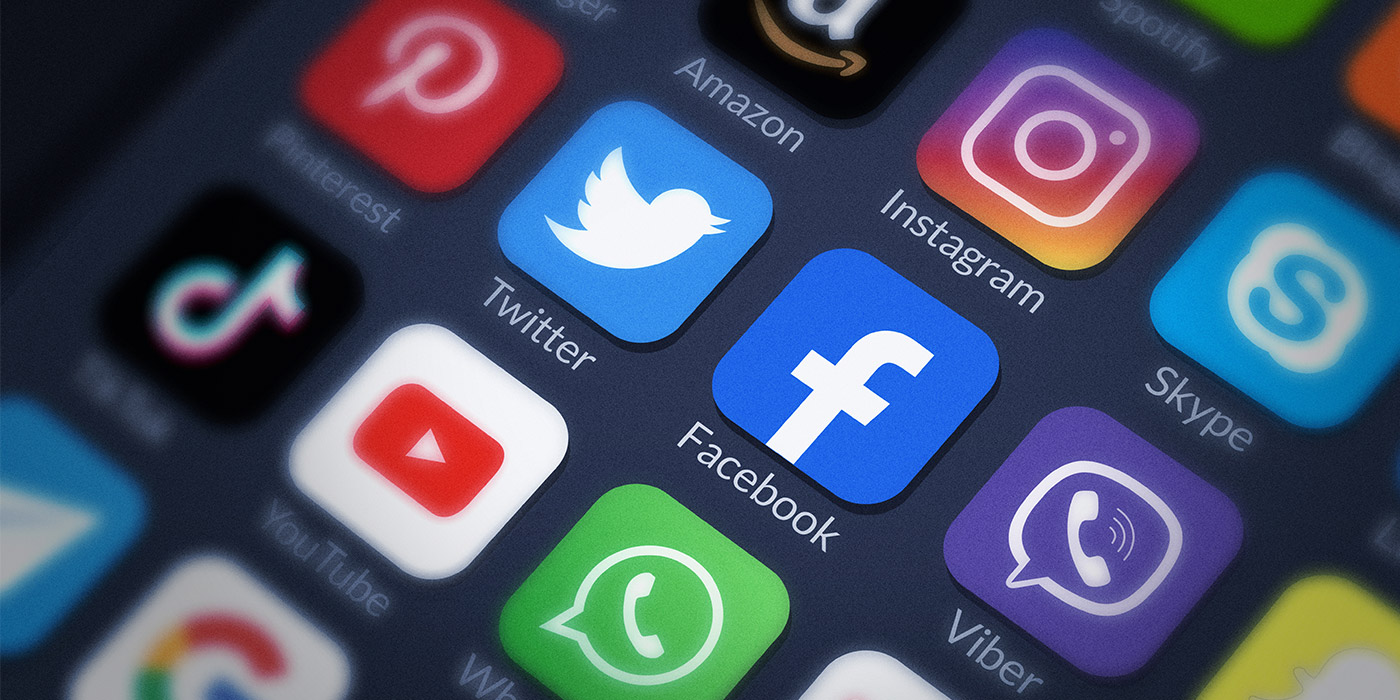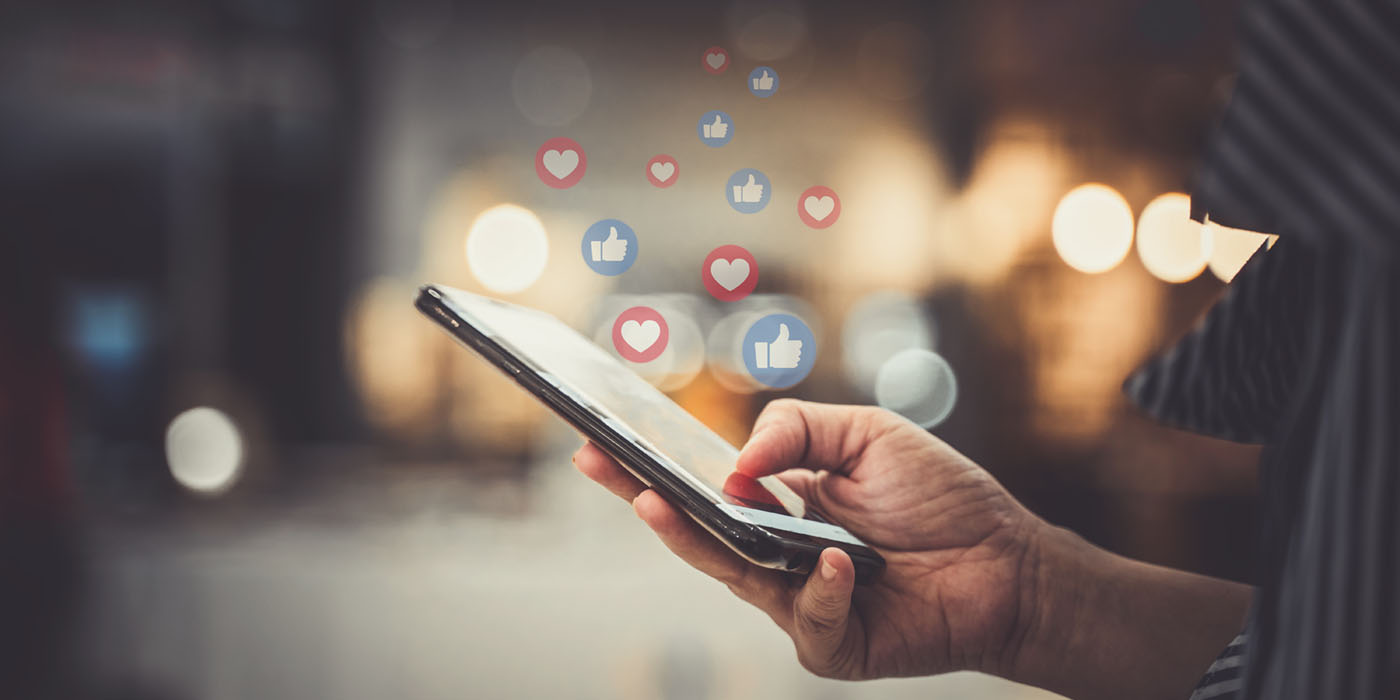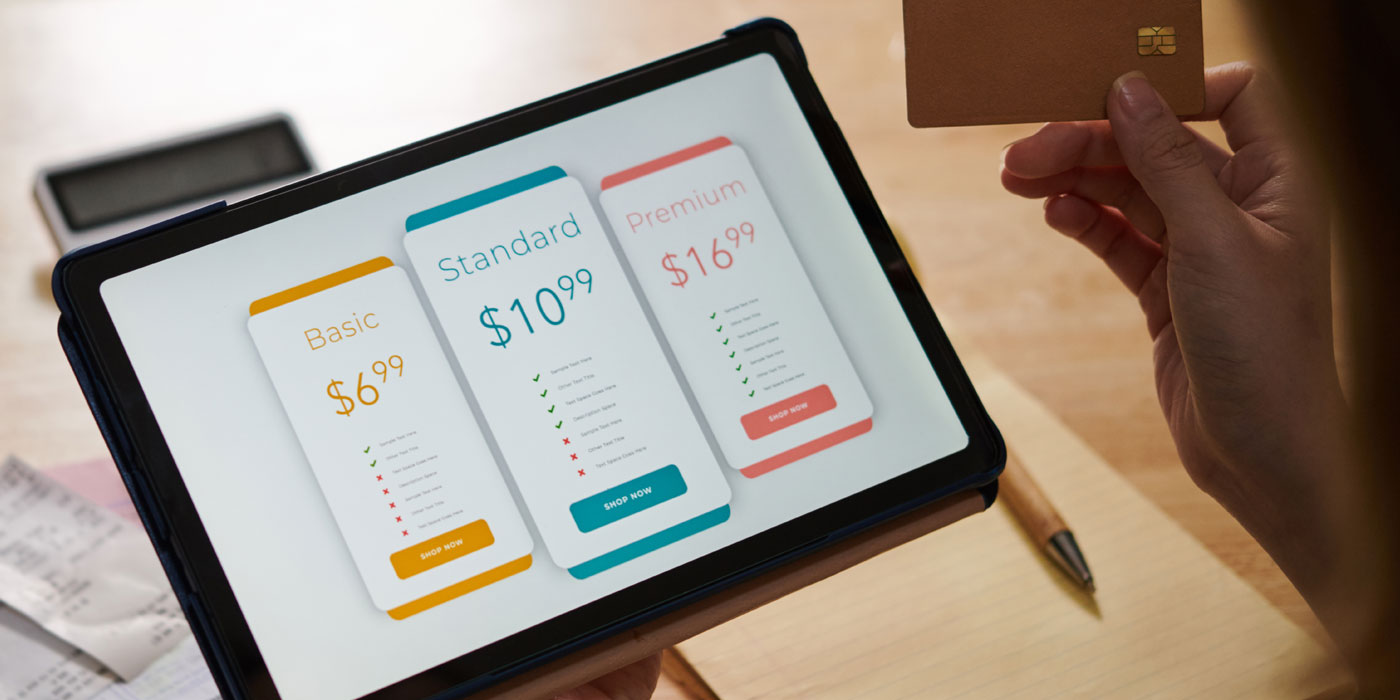The blueprint for how companies distribute content to consumers and gain consent to use personal data is changing. Apple, creator of the iPhone and iPad, recently announced changes to the way its users’ privacy will be monitored. Precisely, the plan is to give customers enhanced control over privacy settings that will give them more say over which of their personal data is granted to brands.
This has caused concern with the executives at Facebook, who say these new changes will restrict the ability to deliver hugely targeted content and ads to its users — a move that is sure to put a dent in advertising revenue from the numerous businesses that depend on targeted content, messages and offers for more personalized involvement and effective campaigns.
In addition, Google, which has created a name for itself as the number-one digital advertising platform through its search engine, has also newly announced it will change the way it delivers personalized content and ads. The company is introducing its own new set of technologies that it says allows it to track web users personally while still respecting their privacy. According to the company, it can do this through tools that categorize consumers into interest groups on their devices and never send their browsing information to a central server.
What’s at stake: how we use marketing today
What’s at stake is how companies use technology and algorithms to track individual users. For instance, if Google enhances privacy by masking consumer data, then businesses need to go through Google to purchase ads and in turn gain access to targeting data in order to deliver messages in front of a specific user base.
Driven by Big Data, these ads have assisted companies in targeting people who have the characteristics of someone who may find these messages and offers most interesting. Certainly, Big Data is the process of obtaining data from a third-party provider, collecting online activity, purchase history, social media content and more to identify people that could be interested in what companies have to offer.
Nonetheless, one immanent problem is that companies are making assumptions based on this data, and many times those assumptions are based on very old and/or inaccurate data — in addition to the fact that people are aware this is occurring and see it as “creepy.” For instance, a person searches for a certain product on Google and then is shown targeted digital ads about the same product.
As a result, Big Data is not favored, because most of the time it is inaccurate and lacks consumer transparency and control. With that being said, companies like Google and Apple want to do better at keeping consumer data more private while also continuing to deliver a personalized internet experience for the consumer.
How will companies ensure personalization while upgrading privacy?
There has been an ongoing fight for some time now over a person’s right to data privacy. Additionally, there’s a privacy/personalization paradox that exists. This aligns with the fact that consumers want data privacy and to feel that their data is safe. At the same time, we live in a digital world, and most people feel overwhelmed with all the messages they receive daily. Therefore, they also want messages to be personalized and relevant to them and have expectations that businesses will provide excellent customer experiences for them.
How will data usage change?
With that, there must be a significant change in the way companies collect and use data. As we’ve discussed, Big Data is often incorrect, feels like an invasion of privacy and creates mistrust.
What occurs because of this is that companies are now embracing the collection of zero-party data. Zero-party data is information a customer freely and willingly shares with a brand he or she trusts. It can include personal insights, such as preferences, feedback, profile information, interests, consent and purchase intent.
The result is added trust, approval and data control
This is a step toward the right direction in that customers should have more control of their data. Benefits of using zero-party data include:
- It is exclusive to the brand, and no other brand has the same data.
- It’s the most reliable source of truth, because the customer offers his or her own insight, instead of making assumptions based on Big Data.
- It is relationship-based, so it depends on a higher level of trust with the customer, which means the company must be open and honest about its use of the data, and the relationship must be mutually favorable.
What drives all of this is that businesses in all industries, no matter the size or location, need to change how they engage and interact with their customers. They must build trust so that their customers and prospects are willing to share zero-party data with them.
By doing so, these businesses will uncover access to the data they need to interact with customers on their terms and provide heightened value in return, such as better customer service and relevant customer experiences. And, by giving customers easy access to renew and edit their data, they will be in control of their data, which not only creates trust but also keeps their data up-to-date. That leads to a mutually beneficial relationship.














